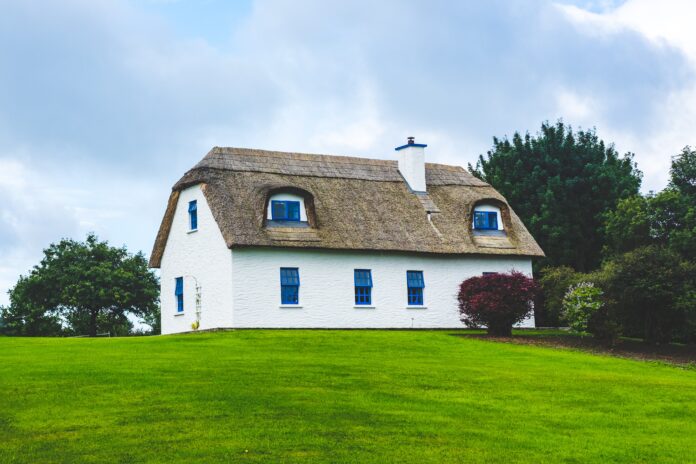
Q. I have been married to a man somewhat older than me for the last 15 years. The family home is in my husband’s sole name. We have three children aged four to 12 and I have mentioned to my husband, if anything were to happen to him, that my name should be on the house.
He said he would put my name on the deeds but never did anything about it. I am really concerned about where the kids and I would stand if anything were to happen to either of us?
We both have wills, but no mention of the house was made in them. What’s your advice?
Dear Reader,
Your situation may not be as precarious as you may fear. In the first instance, spouses are protected where the property is registered in the sole name of one of the spouses by the Family Home Protection Act of 1976. This is an act that prevents the sale, partial sale, mortgage, or re-mortgage of a property (defined as a family home) without the knowledge and consent of both spouses.
The effect of the act is that, although the property may be registered in your husband’s name only, he cannot carry out transactions concerning the property which would lead to the loss of the family home without your knowledge or consent. Therefore, you have protection while your husband is alive that no dealings, which may affect your interest, can be entered into without your consent.
You mention that you have wills. In the absence of seeing these, I am assuming – as is most often the case between spouses – that these are mirror wills where you are each leaving everything to each other.
If this is the case then the family home, should anything happen to your husband, will automatically pass to you, along with any other assets, even if the home is not specifically mentioned in the will.
If your husband’s will is framed in different terms, you are still protected by the Succession Act 1963, which allows what is called “the right of election” and “the legal rights share” to spouses.
These technical rules would allow you to either accept the provisions of the will or choose an alternative, known as the right of election. The right of election allows you to choose what to take instead of receiving the amount specified in the will.
The second protective is the right to the “legal right share” of your husband’s estate, even if there is a valid will leaving everything to a third party. You are by law entitled to one third of your husband’s estate and you could require that the family home be given to you in satisfaction of your legal right.
If the family home is worth more than a third of the estate, you may have to pay the difference into your husband’s estate.
Obviously, the best protection is for the house to be in your joint names.
If you have a legal query that you would like answered you can email [email protected] or send your query to Alex O’Neill Solicitors, 22 Barrington Street, Limerick. The column is a reader’s service and is not intended to replace professional advice.










